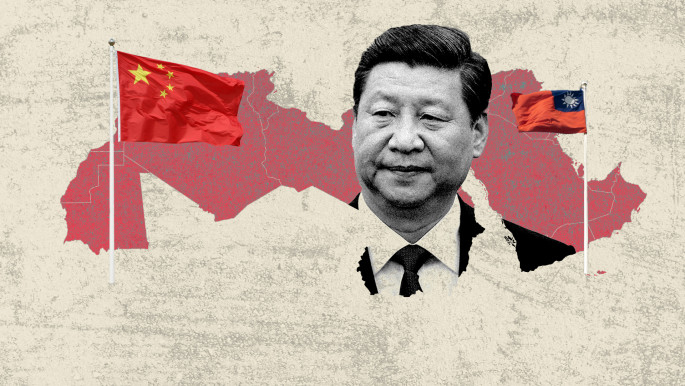Strikes and protests by labourers and industry workers have seen arise in China where such incidences are strictly forbidden. The majority of the protests were held before the all-important Spring Festival over unpaid wages and closure of factories. In the first half of 2024, the number of total protests and strikes held by workers was 719, which showed an increase from 696 a year ago.
There have been widespread unrest over wage arrears, inhuman working hours, factory relocations and closures. Ma Hui, a construction worker from Hebei province, said her employer did not pay her wages but just food items for three months. “During that period, I had no living expenses for several months, and my boss wouldn’t lend me any money. I didn’t even have money to buy basic daily necessities such as toilet paper and toothpaste,” she said.
A retired army man held a banner atop a building in Beijing to express his discontent. Another protestor followed the style two days later. Protests have continued to become severe as cases of layoffs and non-payment of dues are increasing. “The uptick in strikes is a reflection of the increasing social pressure as the economy struggles to improve,” said
Max J. Zenglein, chief economist at the Mercator Institute for China Studies.
Notably, the magnitude of such protests had tripled in 2023 as compared to 2022. Wage disputes and occupational safety are the major reasons for the workers’ protests. “The long-term problems underlying these disputes in China are poor enforcement of labour protections and a complete lack of independent and effective labour unions,” said Kevin Slaten of China Dissent Monitor which keep track of dissent in China.
The Covid mismanagement and factors such relocation and closure of factories due to fall in demand led to the job losses and lower wages. This caused distress among the labourers and workers. They held marches against their exploitation. However, they were crushed by the government through blockades and arrests. Yet, they are talking about their grievances on social media.
A team of researchers led by Bei Qin of Hong Kong Baptist University revealed how workers used social media platform such as Weibo, Chinese equivalent of X, to talk about injustice and redressal measures. One such worker who detonated bomb to protest against wage arrears received support on social media. “Most retweets express sympathy for the worker, condemn employers who default on wages, and decry the local government for disregarding citizens’ rights and condoning wage arrears,” reads the research.
A viral video on Douyin, the Chinese version of TikTok, showed workers’ protest outside a textile factory against unpaid wage arrears or refusal to pay workers’ social security. “Worker strikes have reached a new height after the pandemic. Many protests are related to slowing demand in international trade,” said Aidan Chau, a researcher at China Labour Bulletin.
Chinese labour researchers Simon Han and Jessica Song said workers have started to fight back as their livelihoods have been severely affected due to economic slowdown. “But at the same time, the power of workers’ struggles – which remain more or less sporadic and improvised – was constrained by bosses’ manoeuvres, the government’s actions, and structural changes in the economy.”
However, workers have shown a strong resolve to seek what they deserve, which translated into strikes and protests. Labour activist Han Dongfang, who is often called as the Chinese government’s worst nightmare, is leading the protests as he believes empowering workers to take collective action. Han who had taken part in the bloody protests on Tiananmen Square in 1989 said “I prefer to be open rather than to hide.”
The global supply chain was affected by the pandemic, which led to closure of businesses in China and thus layoffs and lower wages. Workers are relying more on strikes and protest as an effective solution, said
Li Qiang, Director of China Labour Watch. ” “China’s high-level economic problems ultimately set the foundation of the increase in labor protests this year, he said. “China does not have a legal framework that workers can rely on, but protests could put pressure on the company and local government officials to resolve the issue.”

